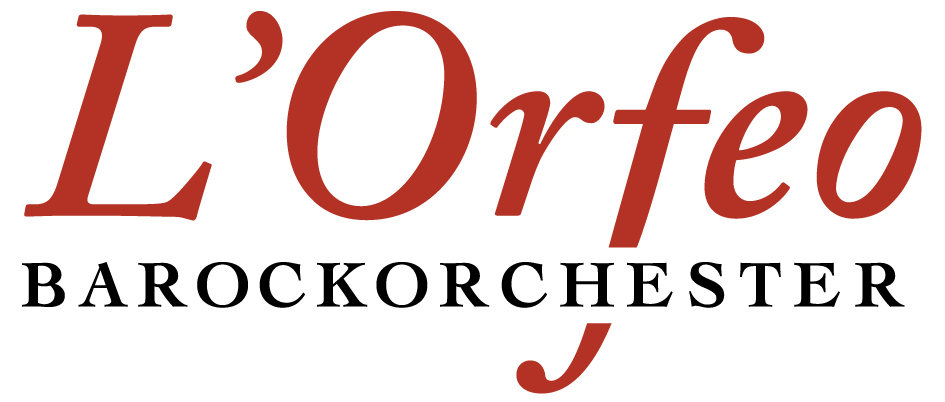Schubert Symphonies from Gaigg...... and Jacobs....
I greeted this set with great anticipation after sampling a few excerpts, but, listening more closely, was left with a sense of disappointment after No.1.
This is just too cool and disengaged, lacking tautness and virtuosity, as if the orchestra weren't quite confident in their own abilities.
On to No.2, and in (i) I again worried about he lack of articulacy in rapid string passages, the tendency of inner lines to fade away; but there is greater excitement and slow movement is much better - tender and eloquent; the scherzo is stormy indeed. The finale is superbly done - the thrillingly punchy winds drum n’ bass textures driving home those dramatic modulations in the central episode.
In No.3, after a few days of this live cycle recorded in a single week, the orchestra find the confidence to deliver a thrillingly fresh, powerful, songful account.
So live recordings with some inconsistency…..but a radically different orchestral balance and timbre, winds foregrounded, brass and timps very hardhitting....
No completions or adaptations or orchestrations (all of which I usually enjoy) here....simply every note Schubert set down...
The Rene Jacobs B’Rock readings (PENTATONE) are a good comparative reference & an easier recommend, similar sonorities but obviously tauter, sharper, more articulate and easily on top of all the notes, more schwung sometimes too (compare the andante of No.1). But in a slightly drier, smaller acoustic, where the Orfeos are splendidly spacious - and live; I feel drawn to them.
OK - on to No4! The playing style should suit it well. After the ICA Harnoncourt set a year ago, I didn't think I would revisit this rep for some years, but now, once again - I can never hear too much Schubert…

Schubert: Complete Symphonies & Fragments
L'Orfeo Barockorchester, Michi Gaigg
Released on 19/11/2021 by CPO
I greeted this set with great anticipation after sampling a few excerpts, but, listening more closely, was left with a sense of disappointment after No.1.
This is just too cool and disengaged, lacking tautness and virtuosity, as if the orchestra weren't quite confident in their own abilities.
On to No.2, and in (i) I again worried about he lack of articulacy in rapid string passages, the tendency of inner lines to fade away; but there is greater excitement and slow movement is much better - tender and eloquent; the scherzo is stormy indeed. The finale is superbly done - the thrillingly punchy winds drum n’ bass textures driving home those dramatic modulations in the central episode.
In No.3, after a few days of this live cycle recorded in a single week, the orchestra find the confidence to deliver a thrillingly fresh, powerful, songful account.
So live recordings with some inconsistency…..but a radically different orchestral balance and timbre, winds foregrounded, brass and timps very hardhitting....
No completions or adaptations or orchestrations (all of which I usually enjoy) here....simply every note Schubert set down...
The Rene Jacobs B’Rock readings (PENTATONE) are a good comparative reference & an easier recommend, similar sonorities but obviously tauter, sharper, more articulate and easily on top of all the notes, more schwung sometimes too (compare the andante of No.1). But in a slightly drier, smaller acoustic, where the Orfeos are splendidly spacious - and live; I feel drawn to them.
OK - on to No4! The playing style should suit it well. After the ICA Harnoncourt set a year ago, I didn't think I would revisit this rep for some years, but now, once again - I can never hear too much Schubert…

Schubert: Complete Symphonies & Fragments
L'Orfeo Barockorchester, Michi Gaigg
Released on 19/11/2021 by CPO
- QOBUZ LOSSLESS
 ...(and I will always call it the 9th, now I know D729)....
...(and I will always call it the 9th, now I know D729)....



Comment